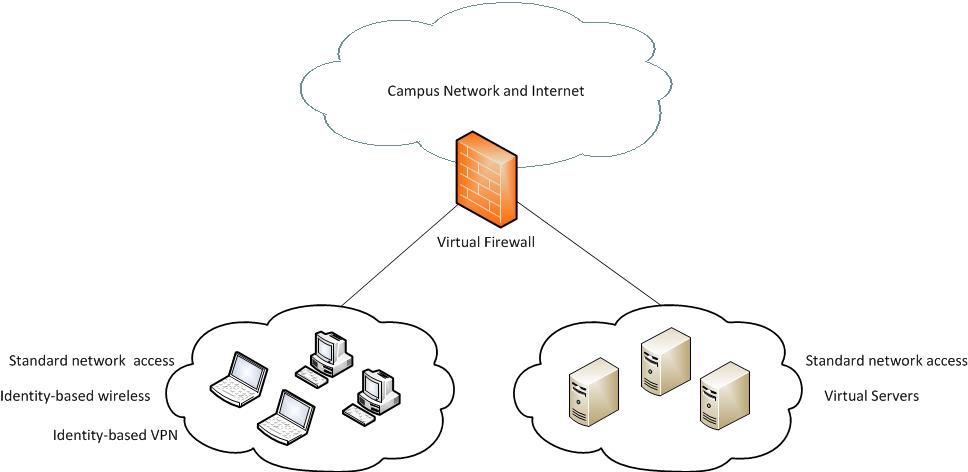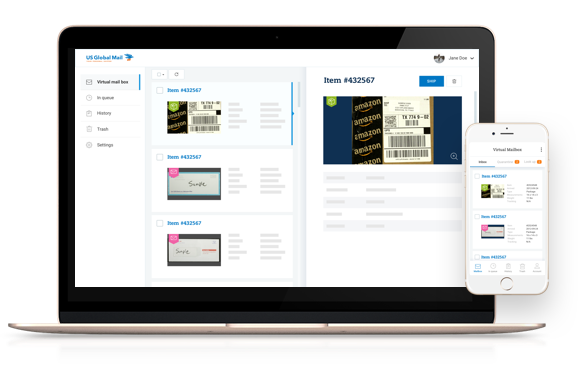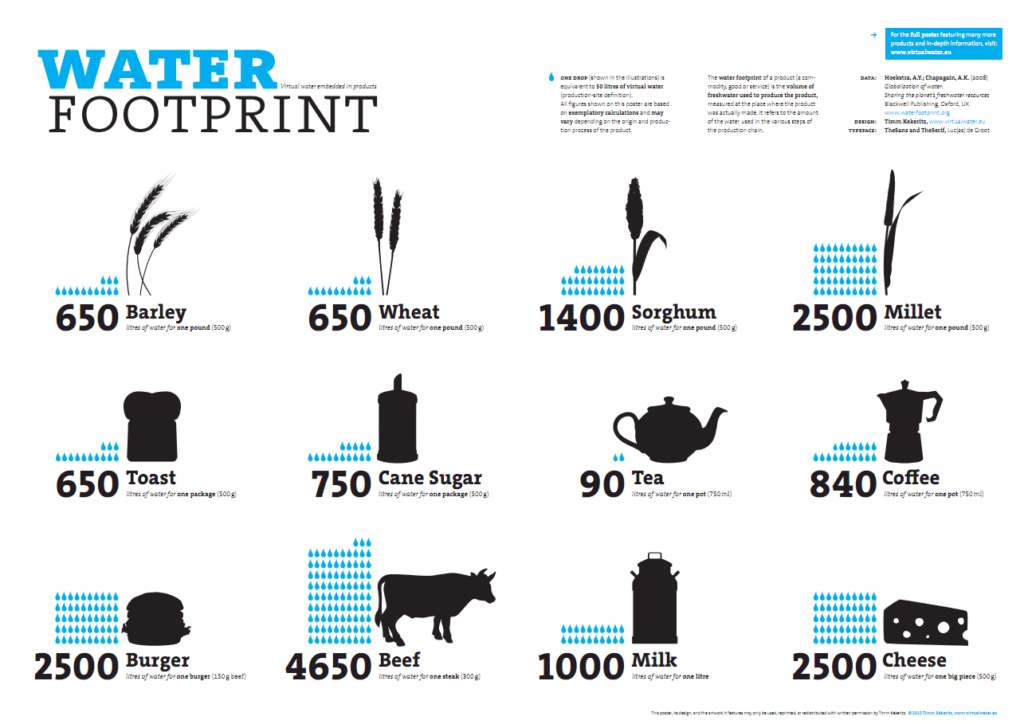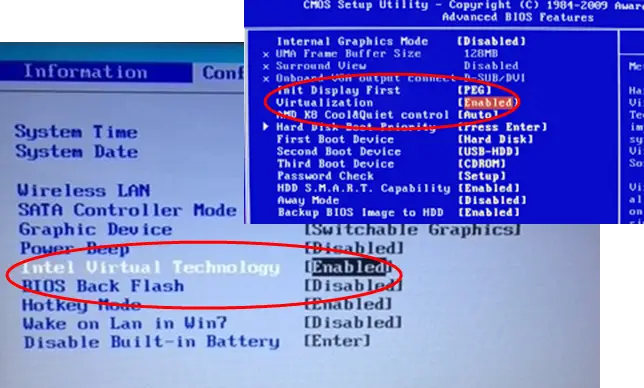In today’s digital age, we rely heavily on the internet for various purposes, such as communication, entertainment, and business. However, as we increasingly depend on the internet, cyber threats continue to pose a significant risk to our online security. This is where virtual firewalls come in – a powerful tool that provides an additional layer of protection to your internet-connected devices.
A virtual firewall is a software-based security solution that monitors and controls incoming and outgoing network traffic. It acts as a barrier between your devices and the internet, blocking unauthorized access and preventing cybercriminals from exploiting vulnerabilities in your system. With a virtual firewall, you can protect your network from a wide range of threats, such as viruses, malware, and hacking attempts, ensuring that your online activities are safe and secure.

What is a Virtual Firewall?
A virtual firewall is a security tool used to protect a company’s network from malicious threats and attacks. It is a software-based firewall that is deployed on virtual machines that are hosted in the cloud or on a virtual private server. A virtual firewall works by analyzing all incoming and outgoing traffic, and filtering out the traffic that is deemed to be malicious or suspicious. The virtual firewall can also be used to block access to certain websites and services, as well as set up access control lists to control which users can access certain resources.
What Are the Benefits of a Virtual Firewall?
A virtual firewall provides a number of benefits to organizations that use them. Firstly, they are relatively low cost compared to traditional firewalls, as they can be deployed on existing virtual machines rather than needing to be purchased and installed on physical hardware. Secondly, they are highly scalable, making them ideal for businesses that need to expand their network security quickly. Finally, they offer a high level of flexibility and customization, allowing organizations to tailor their security measures to their specific needs.
How Does a Virtual Firewall Work?
A virtual firewall works by analyzing all incoming and outgoing traffic and filtering out the traffic that is deemed to be malicious or suspicious. It typically uses rules-based techniques, such as access control lists, to determine which traffic should be allowed or blocked. Additionally, the virtual firewall can be configured to alert administrators when malicious or suspicious activity is detected. The virtual firewall can also be used to block access to certain websites and services, as well as set up access control lists to control which users can access certain resources.
What Are the Limitations of a Virtual Firewall?
A virtual firewall is not a replacement for traditional hardware-based firewalls, and it has some limitations. Firstly, it is not as secure as a traditional firewall, as it relies on software-based rules and is not as effective at detecting advanced threats. Additionally, it can be more difficult to troubleshoot and manage than a traditional firewall. Finally, it is subject to the same attack vectors as a traditional firewall, such as Denial of Service attacks and malware infections.
How Can Organizations Deploy a Virtual Firewall?
Organizations can deploy a virtual firewall by configuring it on a virtual machine hosted in the cloud or on a virtual private server. The virtual firewall can then be configured to analyze all incoming and outgoing traffic, block access to certain websites and services, and set up access control lists to control which users can access certain resources. Additionally, the virtual firewall can be configured to alert administrators when malicious or suspicious activity is detected.
What Are the Best Practices for a Virtual Firewall?
Organizations should follow best practices when deploying and managing a virtual firewall. Firstly, they should regularly update the software to ensure that it is up to date with the latest security patches. Additionally, they should configure the firewall to use the latest security protocols, such as Transport Layer Security, to protect data in transit. Finally, they should monitor the firewall regularly for suspicious activity and respond quickly to any threats or attacks.
Frequently Asked Questions
A virtual firewall is a software-based security system that is used to protect virtual machines (VMs) from malicious activity. It can be used to secure cloud-based infrastructure, containers, and applications. Virtual firewalls can be deployed on any virtualized environment, including public and private clouds, containers, and bare-metal servers.
What is a virtual firewall?
A virtual firewall is a software-based security system that is used to protect virtual machines (VMs) from malicious activity. It can be used to secure cloud-based infrastructure, containers, and applications. Virtual firewalls can be deployed on any virtualized environment, including public and private clouds, containers, and bare-metal servers.
A virtual firewall works by inspecting incoming and outgoing network traffic and blocking malicious traffic, while allowing legitimate traffic to pass. This helps to protect VMs from malicious actors and potential threats, such as distributed denial-of-service (DDoS) attacks, malware, and other cyber threats.
How does a virtual firewall work?
A virtual firewall works by inspecting incoming and outgoing network traffic and blocking malicious traffic, while allowing legitimate traffic to pass. This helps to protect VMs from malicious actors and potential threats, such as distributed denial-of-service (DDoS) attacks, malware, and other cyber threats.
The firewall is configured with a set of security rules that define which traffic is allowed and which is blocked. The firewall can also be configured to take certain actions when an attack is detected, such as blocking the traffic or sending an alert.
What are the benefits of using a virtual firewall?
The main benefit of using a virtual firewall is that it provides an additional layer of protection for VMs and other virtualized environments. It can help to protect against malicious actors, as well as potential threats, such as DDoS attacks and malware.
Another benefit is that it can be quickly and easily deployed in any virtualized environment, allowing organizations to take advantage of the latest security technologies without the need for expensive hardware and software. Additionally, virtual firewalls are relatively easy to manage and can be configured to meet the specific needs of an organization.
Are virtual firewalls secure?
Yes, virtual firewalls are secure and can provide an additional layer of protection for VMs and other virtualized environments. Virtual firewalls are designed to be highly secure and can be configured to meet the specific security needs of an organization.
The firewall is configured with a set of security rules that define which traffic is allowed and which is blocked. This helps to protect VMs from malicious actors and potential threats, such as distributed denial-of-service (DDoS) attacks, malware, and other cyber threats.
Are virtual firewalls expensive?
No, virtual firewalls are not expensive and can be deployed quickly and easily in any virtualized environment. Additionally, virtual firewalls are relatively easy to manage and can be configured to meet the specific needs of an organization.
The cost of virtual firewalls depends on the specific features and services that are required. Generally, however, virtual firewalls are relatively inexpensive compared to traditional hardware-based firewalls. Additionally, virtual firewalls can provide organizations with enhanced security and performance at a fraction of the cost of traditional firewalls.

In conclusion, a virtual firewall is a software-based security solution that helps protect computer networks from unauthorized access and cyber threats. It operates on virtual machines rather than physical hardware devices, providing a flexible and scalable solution for businesses of all sizes. With a virtual firewall in place, organizations can control and monitor network traffic, filter out unwanted content, and block malicious activities before they can cause harm.
As the world becomes increasingly digital, the need for robust cybersecurity measures is more crucial than ever. A virtual firewall is just one of many tools that can help safeguard against cyber threats and keep networks secure. By investing in a virtual firewall and working with experienced IT professionals, businesses can take proactive steps towards protecting their data, their customers, and their reputation in an ever-changing digital landscape.



